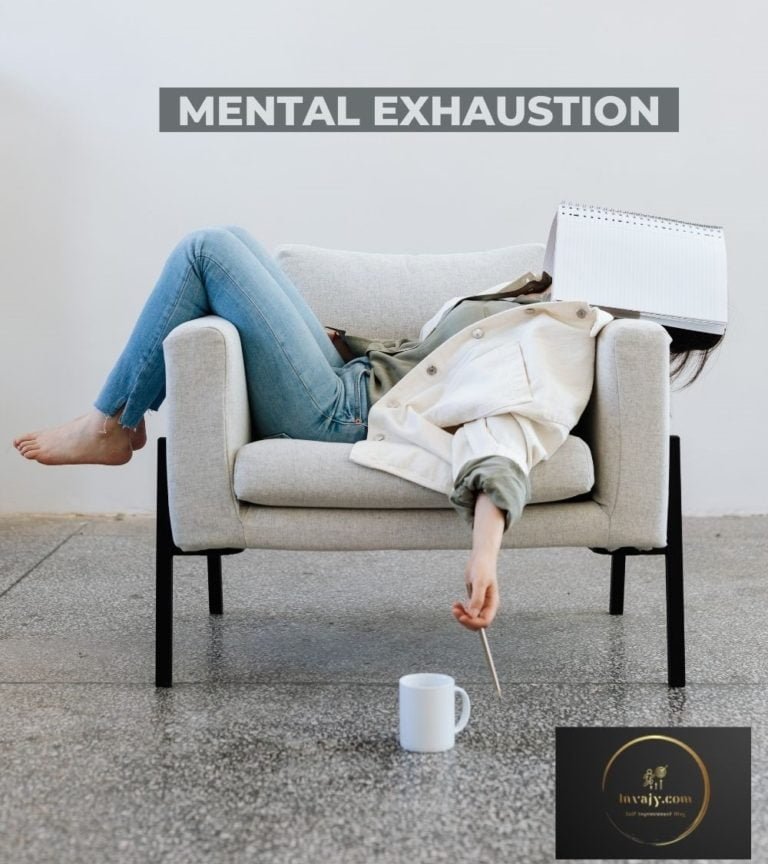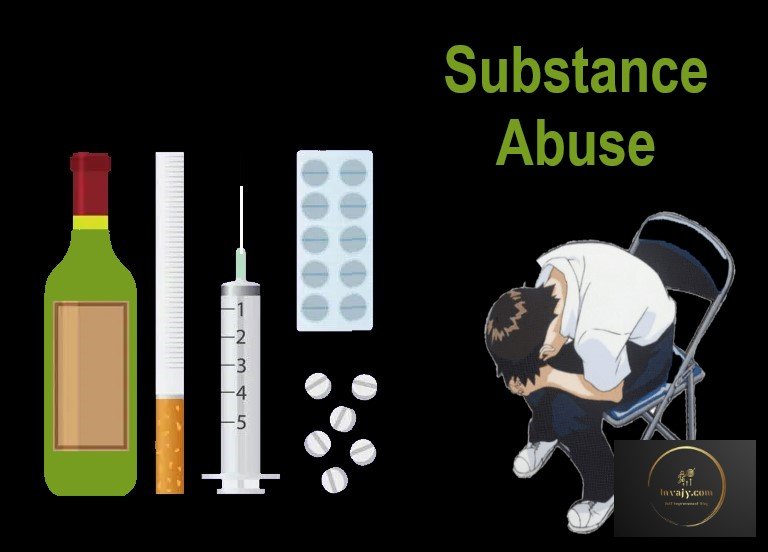Important Things to Know about Health Insurance Coverage for Mental Health
Explore Health Insurance Coverage for Mental Health to understand your options. Learn about how different plans address mental health services, including therapy and medication, to ensure you receive the care you need.

Timely care and treatment of mental illness is of utmost importance. During the past few years, there has been a tremendous amount of focus on mental health, especially since the Covid-19 pandemic. Rates of depression and anxiety symptoms have soared after the pandemic. Many people need therapy for their mental illness. However, health insurance has a big impact on whether or not you’re likely to get treatment. If you’re suffering with mental health issues and thinking about going for a therapy, you may be wondering whether the insurance will cover the cost or not. Here are the Important things you must know about your insurance coverage for mental health.
Does insurance cover mental health?
In the past, mental health issues were not always covered by insurance companies, and a lot of people may still believe this to be the case. Now the medical insurance also cover the mental illness.
In 2008, The Mental Health Parity and Addiction Equity Act (MHPAEA) was passed that requires insurance companies to cover mental health, behavioral health, and substance use disorder services.
Thereafter, Affordable Care Act (ACA) was enacted in 2010, with the goal of making health care more affordable to Americans. The ACA, also known as “Obamacare“, requires private health insurance sold on the individual and family health insurance marketplace to include mental health coverage.
Obamacare provides subsidies to those who can’t afford high premiums of insurance plans. The size of the subsidy depends on the individual’s income. Some states like California, Colorado, New York, and Massachusetts run their own healthcare exchanges.
ACA also removed the annual limits on how many therapy visits would be covered. One limitation to this law, however, is that your insurance company gets to determine what mental health treatment is a medical necessity.
While there are federal and state laws made to help you get accessible mental health treatment, some insurances might deny claims if they don’t believe the treatment was medically necessary.
Can You Buy Standalone Mental Health Insurance?
With so much of complexity, a question may arise in your mind – Can you buy a separate standalone mental health insurance policy? No, insurance companies do not sell standalone mental health coverage plans. But there are many affordable medical insurance policies, which provide coverage for mental health treatment as part of the benefits.

Which Plans Cover Mental Illness?
Whether you have insurance or are looking for insurance, below are the types of health or medical insurance that are affected by the parity law.
Health insurance purchased under the Affordable Care Act
By purchasing medical insurance through an exchange under the health care reform law, you have greater access to mental health services. ACA-compliant plans cover mental health care as one of 10 essential benefits. The Affordable Care Act helped more than 21 million Americans get access to health coverage.
Under the ACA, those with pre-existing mental health conditions can also get mental health insurance without being denied coverage or charged a higher rate.
Employer-Sponsored Health Coverage
Employer-provided coverage is a vital resource for the nearly 180 million Americans. Working people rely on it for high-quality, affordable health care and financial peace of mind.
If you have insurance from your company, and there are more than 50 employees, your insurance is required to provide equal mental health services to you.
Children’s Health Insurance Program (CHIP)
Children’s Health Insurance Program (CHIP) is a government program that provides medical insurance to children age 18 or younger. This insurance program is designed specifically for families with children who don’t qualify for Medicaid. CHIP provides low-cost health coverage to children in families that earn too much money to qualify for Medicaid.
Coverage includes mental and behavioral health services for children and expectant mothers to prevent, diagnose, and treat a broad range of mental health symptoms and disorders.
Medicaid Programs
Medicaid is a federal- and state-funded health insurance program for low-income Americans. To get Medicaid, you must meet the income requirements in your state. Medicaid covers various mental health and substance abuse disorder treatments; including individual and group therapy, partial hospitalization, medical detox, residential treatment and medications.
Medicare Insurance
Medicare is federal insurance for people 65 or older, and some people under 65 with certain disabilities or conditions. This covers inpatient mental health services under Part A (Hospital Insurance). And, under Part B (Medical Insurance), it covers outpatient mental health services, including evaluation and visits with a mental health provider. Medicare Part D (Prescription Drug ) helps cover drugs you may need to treat a mental health condition. Each Part D plan has its own list of covered drugs, known as formulary.
AARP Medicare Supplement
As an AARP member, you have access to supplemental insurance if you are enrolled in Medicare Parts A and B. AARP Medicare Supplement plans helps limiting the out-of-pocket costs associated with Medicare Parts A and B. This covers some or all of the costs not covered by Original Medicare — things like coinsurance and deductibles. These Medicare supplemental insurance plans are also known as “Medigap” plans.
All the above medical insurances often covers counseling, therapy, medication management, social work services, peer supports, and substance use disorder treatment.
How to Get the Help You Need
If you need mental health help but are worried about the cost, there are options. First, if you don’t have health coverage you can look into Medicaid. If you’re not insured, you could find one with reasonable rates by looking around for mental health professionals.
If you have insurance, you should check with your insurance provider before your first therapy session. If your insurance plan isn’t covering your therapy costs, you can appeal their decision. The way you would appeal depends on what type of insurance you have. However, you can always appeal your case to the Federal Center for Medicaid and Medicare Services or to the U.S. Department of Labor. They can enforce the parity law and help you get your therapy costs covered.
If you need help paying for medication related to your mental illness, there are county, state, and national programs available to you. These programs are designed to help you afford your medication through discounts based on financial need.
Mental health services are not as accessible as physical health services. However, there have been a lot of improvements to the system.






